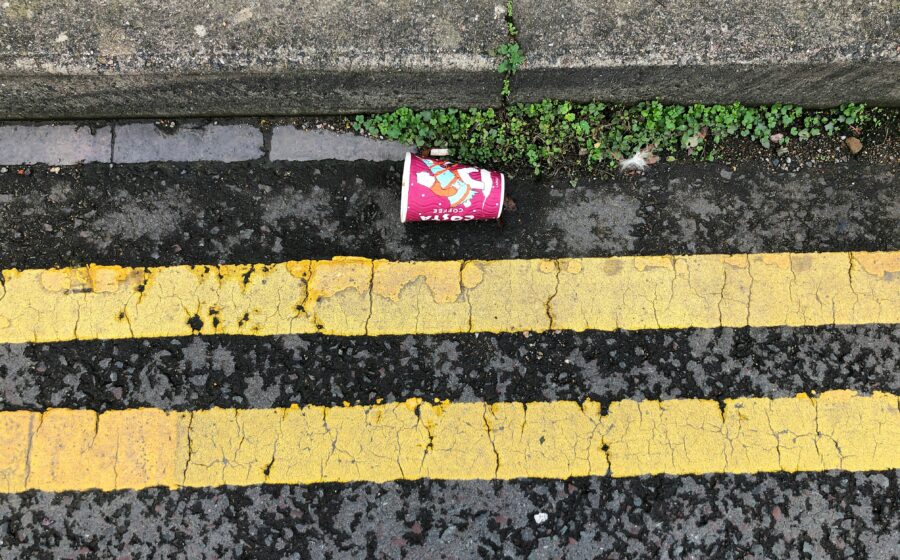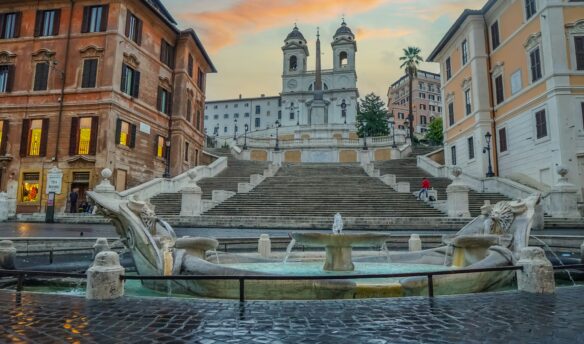✉️ This story was featured in this week’s Coffee News Club
👋 Get the Coffee News Club newsletter in your inbox weekly—sign up.
In early 2019, Coca-Cola purchased British chain Costa Coffee for £3.9 billion (4.9 billion USD). The goal was to give the beverage giant a foothold in the then-booming coffee market. At the time, Costa had nearly 4,000 retail outlets worldwide, in addition to a coffee vending operation, and Coca-Cola sought to diversify its offerings beyond soda.
The investment has not gone great, and now, just five years later, Costa is up for sale.
Coca-Cola is cutting its losses and seeking £2 billion ($2.7 billion) for the entire Costa Coffee brand and its stores. Coca-Cola CEO James Quincey said in July that Costa had “not quite delivered” and was “not where we wanted it to be from an investment hypothesis point of view.”
Costa—the world’s second-largest coffee chain after Starbucks—has attracted interest and bids from several private equity groups, the Financial Times reports. Massachusetts-based Bain Capital is the latest firm to submit a bid.
“Coca-Cola underestimated how capital-intensive and operationally demanding the café business is, compared to Coca-Cola’s traditional concentrate and bottling model,” food and beverage analyst Nandini Roy Choudhury told Food Navigator Europe. Rising costs and slower consumer demand since the onset of the pandemic made things even harder, she added.
Costa’s revenue in 2023 was £1.2 billion. But the company lost nearly £14 million the same year, according to the Financial Times. Despite these troubles, Coca-Cola has taken more than £250 million in dividends since the acquisition.














